More states are adopting high school NIL. Where do NC public, private school leaders stand?
North Carolina’s public and private high school athletic associations may differ in bylaws and size and member schools, but they’re on the same page on the biggest question facing prep sports in 2022.
Name, image and likeness.
In separate interviews with the USA TODAY Network, leaders of the North Carolina High School Athletic Association and North Carolina Independent Schools Athletic Association struck a similar cautionary tone as NIL approaches its one-year anniversary at a college level and expands at a high school level.
They’re discussing and monitoring NIL in their respective offices, but they’re not acting on a concept that remains explicitly banned by both: athletes being compensated for their ability or performance.
“Maybe I’m still kind of old school,” NCHSAA commissioner Que Tucker said, “but I like that we still are that last piece of pure sports and that we do it because it’s fun, we enjoy it and we love the lessons it teaches.”
“We want our kids to play in college if that’s their goal and that’s what their abilities allow,” NCISAA executive director Homar Ramirez said, “but I don’t see the place for name, image and likeness in high school sports.”
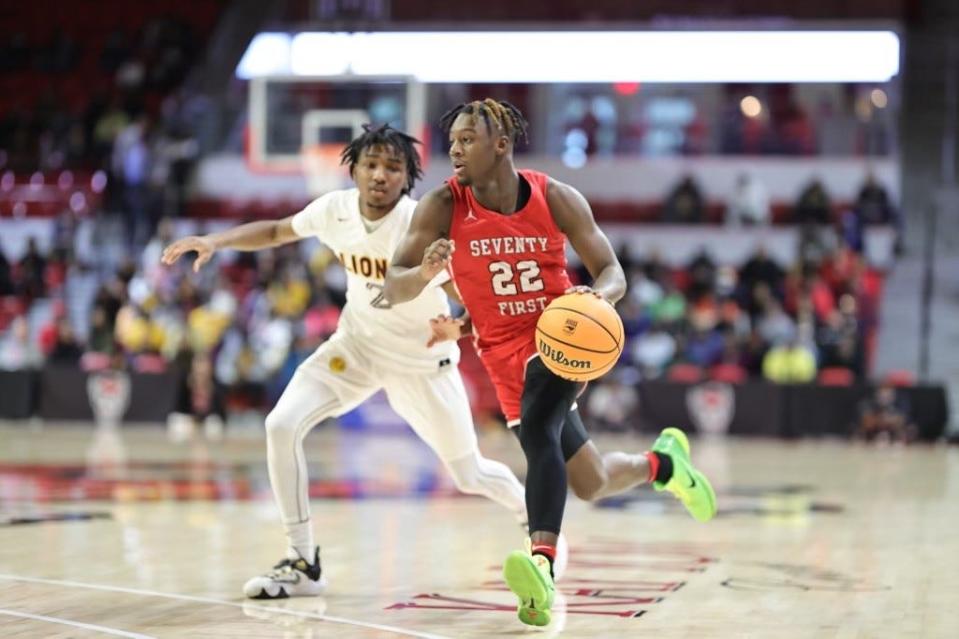
NIL in NC: Inside star NC Olympic swimmer Claire Curzan's 'model' approach to contracts
NIL in NC: How much money could top NC prep athletes hypothetically make off deals?
The NCHSAA represents 427 member public schools across four classifications, while the NCISAA, its smaller counterpart, represents 95 member private schools across four classifications. Together, they govern the overwhelming majority of high school athletics and individual athletes across North Carolina.
And despite changes in other states following last summer’s NCAA directive allowing all athletes to benefit from their NIL, NCHSAA and NIL policies haven’t changed.
Under NCHSAA bylaw 1.2.15, “under no circumstance” may any athlete or team accept money “as a result of athletic ability/performance.” Enforcement starts in ninth grade, and the penalty is ineligibility. (There are caveats for minor consumable/non-transferrable or labeled gifts, merchandise and trophies.)
“We still consider our young people just that: young people,” Tucker said. “Once you start moving into an arena where you’re being paid, there are implications … the purest form of athletics is where they’re free from the entanglements of big businesses and corporations trying to buy their services or pay them.”
'Complete different paradigm'
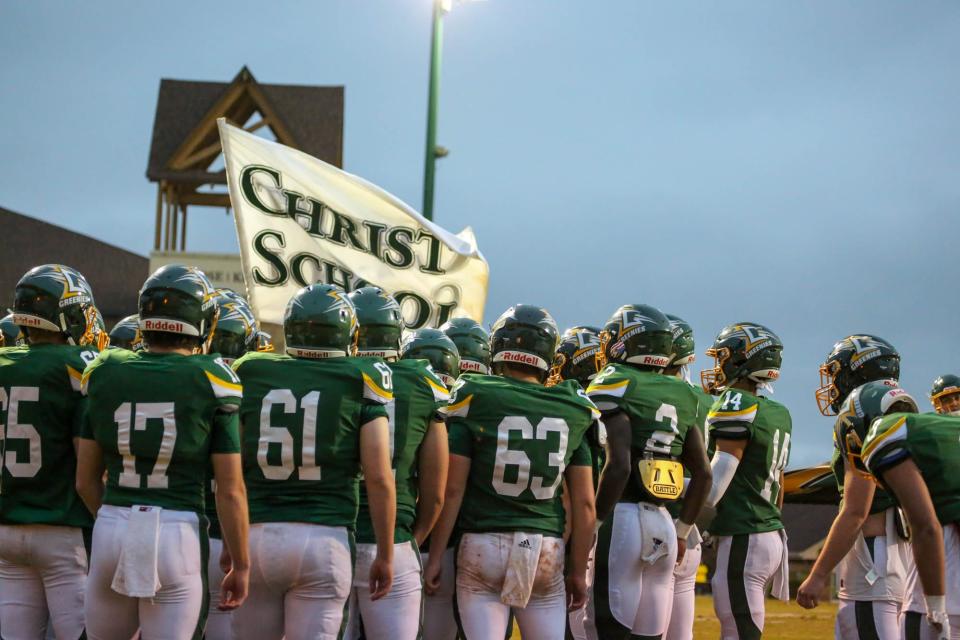
The NCISAA doesn’t spell out amateurism in its bylaws, Ramirez said, but it’s listed online among the association’s 12 core values: “We believe that financial aid in any form in return for athletic participation is wrong.” (NCISAA athletes are free to accept merit-based financial aid like normal students, though.)
“The amount of dollars, the revenues that are being generated, is changing in these university and college settings,” Ramirez said. “Should students be able to benefit off of that? To a certain degree, I have no problems admitting that yes, they should. But then when you start to unpack it …”
Ramirez grew up in Texas and later worked for Texas A&M, so he’s well versed in the world of big-time college football and the recent NIL flashpoints within it: reported million dollar deals for current players and recruits alike, Nick Saban and Jimbo Fisher’s public spat, the collective debate.

“You get into this situation where you’re just paying for players now,” Ramirez said, adding that current college NIL “is not regulated. It’s a free-for-all. It’s the Wild West, and it’s creating more harm than good.”
Outside of ethical concerns, Ramirez said high school athletics are also a “complete different paradigm” than college athletics, in terms of the sheer demand. While football program revenues can and often do offset non-revenue sports deficits at Power Five schools, “we don’t have one sport in our association that is responsible for underwriting the operations for the entire athletic department,” Ramirez said.
“Our (NCISAA) schools are not generating billions of dollars,” he said. “We don’t have these robust alumni, right? We don’t have these facilities, the Taj Mahals. We don’t have ESPN, CBS and FOX fighting over our media rights. There’s nothing the same other than a ball and a bat and a field.”
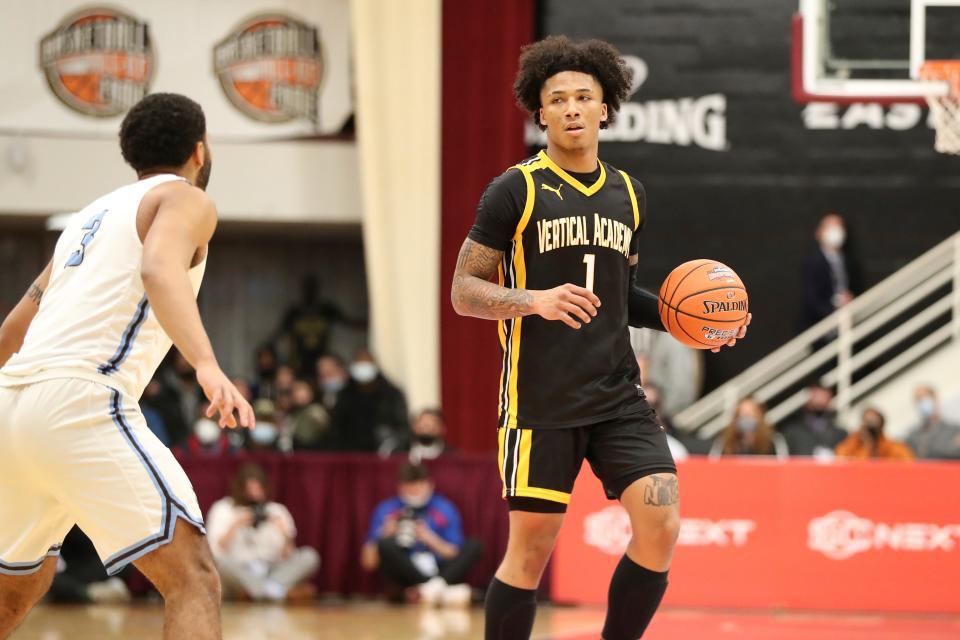
As such, high school NIL has proven more applicable at the outstanding individual level. Nationally, think Bronny James and Arch Manning. More locally, think Mikey Williams, the five-star basketball recruit and social media star who played his junior season at Charlotte’s Vertical Academy.
Vertical Academy operates independently and free of NCHSAA and NCISAA policies. Williams, who transferred back to California for his senior season, took advantage of that freedom and signed multiple NIL deals; On3 pegged his current valuation at $2.6 million.
“Without saying a number, it has been awfully great to us,” Mahlon Williams, Mikey’s father, told the Charlotte Observer in February. “We’ve got the Puma shoe deal. The NFTs. He’s got trading cards.”
'Wait and see'
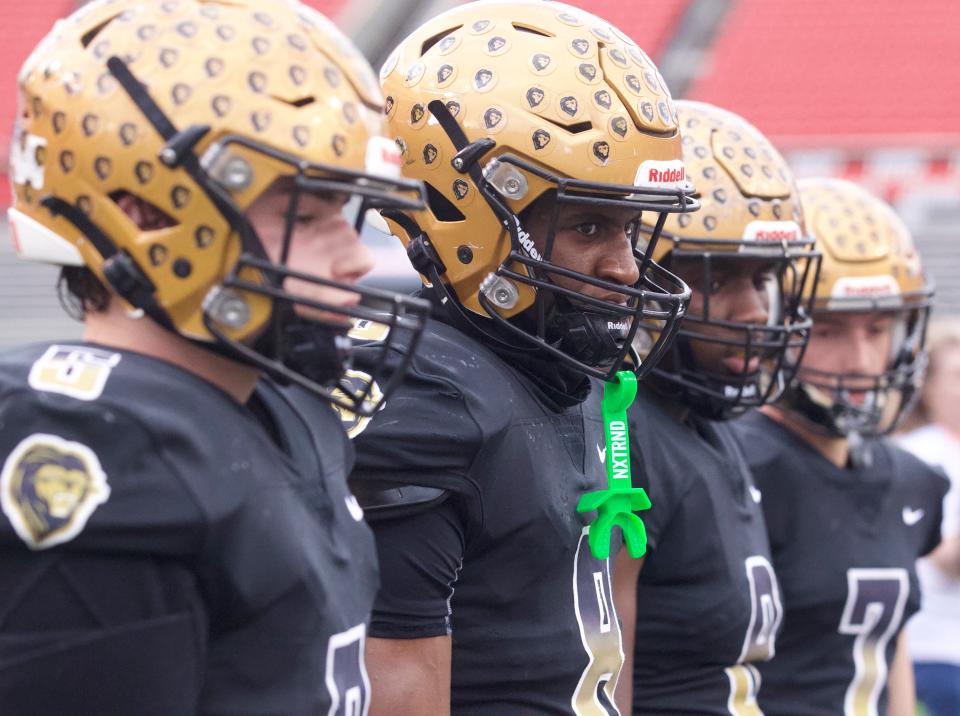
Tucker, too, is aware and sympathetic of NIL at a college level: before pivoting to a career in athletic administration, she worked as an NC State women’s basketball assistant coach from 1989-91.
But she, like the majority of high school athletic association leaders nationally, remains in “wait and see” mode when it comes to applying NIL policy to high school sports. A lingering issue, she said, is education: NIL remains a murky topic for not just her but those most affected, too.
Explained Tucker: “Athletes and parents probably need access to educational resources. What is NIL? What are the pros and the cons? What are the implications? What are the things that we would need to be leery of if somebody reaches out to us? I think that’s where, perhaps, the NCAA could really help us.”
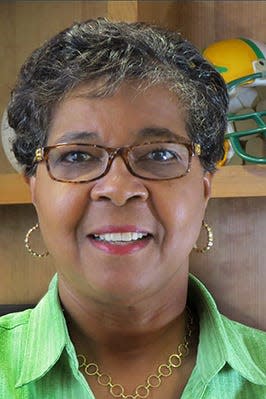
Though the NCHSAA has taken no action on NIL policies and doesn’t plan to in the immediate future, Tucker spoke glowingly of Claire Curzan, a local Olympic swimmer who stayed amateur through the end of her NCHSAA career before pivoting to NIL deals.
In the NCHSAA’s board of directors meeting in April, its policy committee also discussed bylaw changes and language specifics from state associations including California, Kansas, Louisiana and New York (all four allow some form of high school NIL).
But the committee “was not ready yet” to recommend any policy changes to the full board of directors, Tucker said.
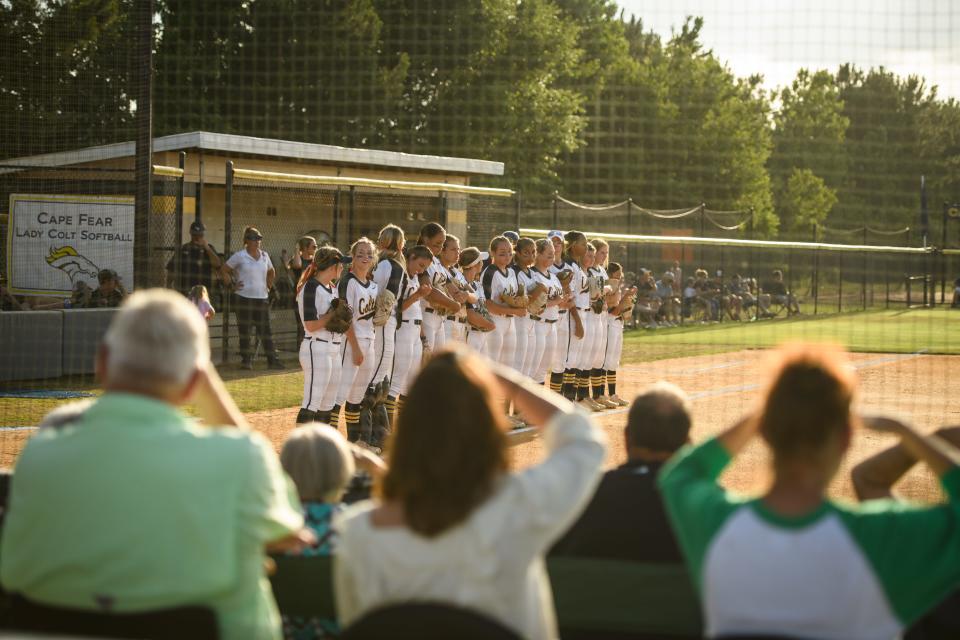
“That being said, we’ve already had one or two calls from some coaches indicating that some young people have been approached – who I’d consider athletes with that elite talent,” Tucker said. “So we may have to circle back with our board (in the future) to say, ‘We’re going to have to do something.’”
Conversations among NCISAA leadership have been at a similar “50,000-foot view,” Ramirez said, with the understanding that further movement might accelerate its timeline. He cited Nike’s signing of two California high school girls’ soccer players and Stanford commits to an NIL deal as an example.
“The athletic administrators, the heads of school, our office, we’re all paying attention to what’s going on,” he said. “We know that, eventually, this will get to a point where NIL is in the high school space.”
Tucker struck a similar tone. Amateurism is still king in North Carolina public school athletics – and private school athletics, for that matter – but NIL is part of the roadmap, she said, and must be kept in mind.
“And not necessarily in the rearview mirror,” Tucker said. “We almost now have to keep it in front of us, because it’s going to impact us sooner rather than later.”
Chapel Fowler is a recruiting reporter for The Fayetteville Observer and the USA TODAY Network. Reach him by email at cfowler@gannett.com or on Twitter at @chapelfowler.
This article originally appeared on The Fayetteville Observer: NCHSAA, NCISAA remain in 'wait and see' mode on high school NIL policy

